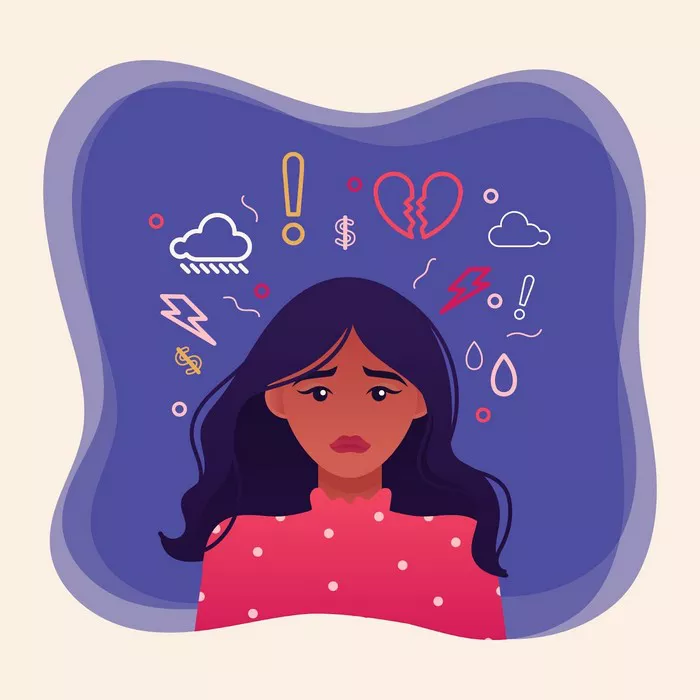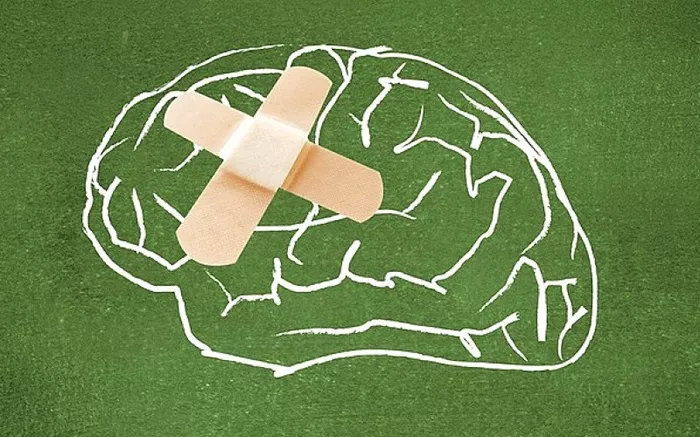Depression is a complex mental health disorder that affects millions of people globally. Characterized by persistent sadness, lack of interest in enjoyable activities, and a range of physical and emotional problems, it can significantly impair a person’s ability to function effectively in daily life. While the specific cause of depression can vary widely from one person to another, research has identified two main categories of causes: biological and psychological. This article explores these dimensions in depth, offering insights into how they contribute to the development of depression and implications for treatment and prevention.
Depression
Depression, or Major Depressive Disorder (MDD), is more than just feeling sad or going through a rough patch; it’s a serious mental health condition that requires understanding and medical care. According to the World Health Organization (WHO), depression is the leading cause of disability worldwide, affecting over 264 million people. Understanding its causes is crucial for effective intervention and support.
Biological Causes of Depression
Genetic Factors
The link between genetics and depression has been extensively studied, revealing that depression can run in families. Studies involving twins, families, and adopted individuals provide compelling evidence that genetic factors contribute significantly to the risk of developing depression.
Twin Studies: Research on identical twins, who share 100% of their genes, shows that if one twin has depression, the other has a 70% probability of also suffering from the illness at some point in life.
Family Studies: Having a first-degree relative with depression increases the risk approximately two to threefold.
Molecular Genetics: Recent advancements have identified several genes associated with an increased risk of depression, such as those involved in the regulation of neurotransmitters.
Neurotransmitter Imbalances
Neurotransmitters are chemicals in the brain that help communicate information throughout our brain and body. They play key roles in regulating mood and emotions.
Serotonin and Norepinephrine: These neurotransmitters have been most commonly linked with depression. Low levels of serotonin and norepinephrine have been correlated with symptoms of depression, although the exact nature of this relationship is still being explored.
Neuroplasticity: Depression is also associated with changes in neuroplasticity, or the brain’s ability to adapt to new experiences, stress, and injuries. Chronic stress, a potential trigger for depression, can suppress neuroplasticity and contribute to the shrinkage of certain parts of the brain like the hippocampus.
Biological Changes
Depression can result in visible changes in the brain. For instance, imaging studies have shown that the brains of people with depression look different — the parts of the brain involved in mood, thinking, sleep, appetite, and behavior appear to be functioning abnormally. Additionally, important neurotransmitters might be out of balance.
Hormonal Imbalances: Changes in the body’s balance of hormones may also be involved in causing or triggering depression. Hormonal changes resulting from thyroid problems, menopause, or other conditions are known to increase the risk.
Physical Health Problems
The link between physical health and depression is significant. Chronic illness, injury, or disability can lead to depression, often due to the stress and isolation brought on by the condition.
Chronic Conditions: Conditions such as cancer, heart disease, diabetes, and Parkinson’s disease may co-occur with depression, creating a cycle of physical and mental health decline that is hard to break.
Psychological Causes of Depression
Trauma and Stress
Events that may lead to depression include an abusive relationship, financial problems, or the death of a loved one. Early childhood trauma or adversity increases the risk of developing depression in adulthood.
Stressful Life Events: High stress over a prolonged period can lead to a breakdown in coping mechanisms, which is a precursor to depression.
Adverse Childhood Experiences (ACEs): These include physical, emotional, or sexual abuse and can have long-standing effects on emotional regulation and mental health.
Psychological Factors
Several psychological factors can increase the risk of developing depression, including personality traits, coping strategies, and past psychological conditions.
Personality Traits: Traits such as low self-esteem, being overly dependent, self-critical, or pessimistic, have been associated with a higher risk of depression.
Cognitive Factors: Patterns of thinking, particularly negative thinking, can significantly contribute to depression. Cognitive theories suggest that depressed individuals have developed a pessimistic style of thinking and interpreting the world due to previous experiences.
Social Causes
Social and cultural factors also play a role in the risk of depression. Lack of social support, isolation, and challenging life situations such as unemployment, poverty, or community violence can trigger depressive episodes.
Relationships: People with fewer social relationships or who report feeling the quality of their relationships as poor are at increased risk of depression.
Cultural Factors: Perceptions and stigma associated with mental health vary widely across cultures, potentially affecting prevalence rates and seeking help.
Conclusion
Understanding the complex interplay of biological and psychological causes of depression is crucial for effective diagnosis, treatment, and prevention. Recognizing the role of genetics and neurotransmitter function, alongside psychological and social influencers, can help tailor interventions that are effective and sustainable. As our understanding of depression deepens, so does our ability to help those affected lead healthier, more productive lives. Ultimately, addressing the causes of depression holistically means considering the full spectrum of individual experiences and biological factors, emphasizing personalized care and support.
[inline_related_posts title=”You Might Be Interested In” title_align=”left” style=”list” number=”6″ align=”none” ids=”7927,7823,7854″ by=”categories” orderby=”rand” order=”DESC” hide_thumb=”no” thumb_right=”no” views=”no” date=”yes” grid_columns=”2″ post_type=”” tax=””]
































